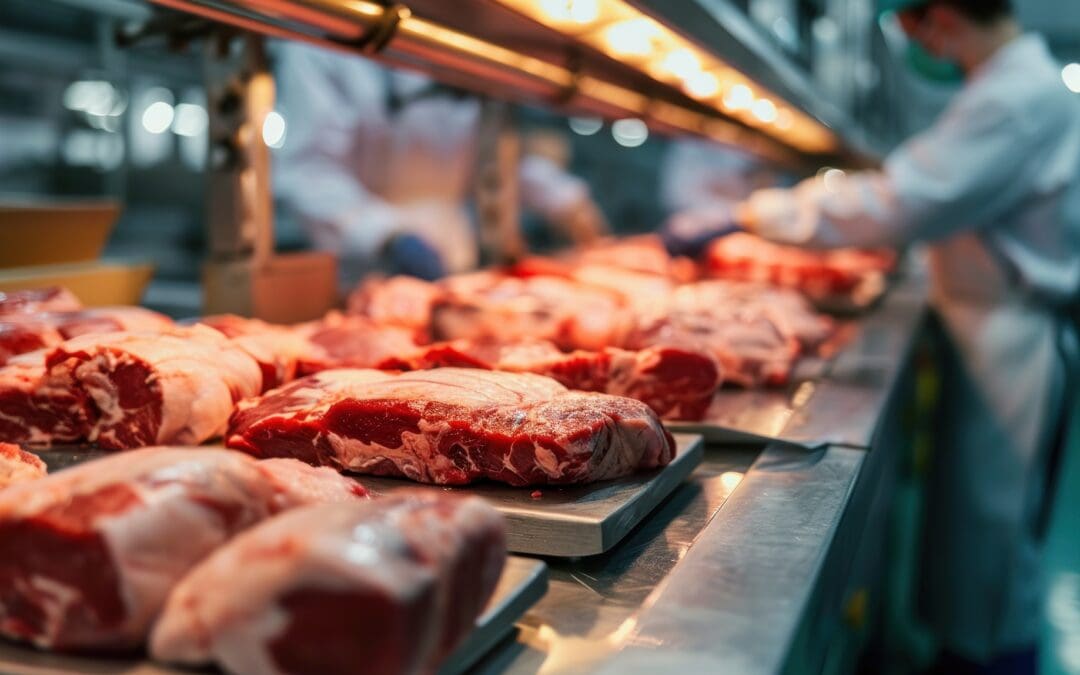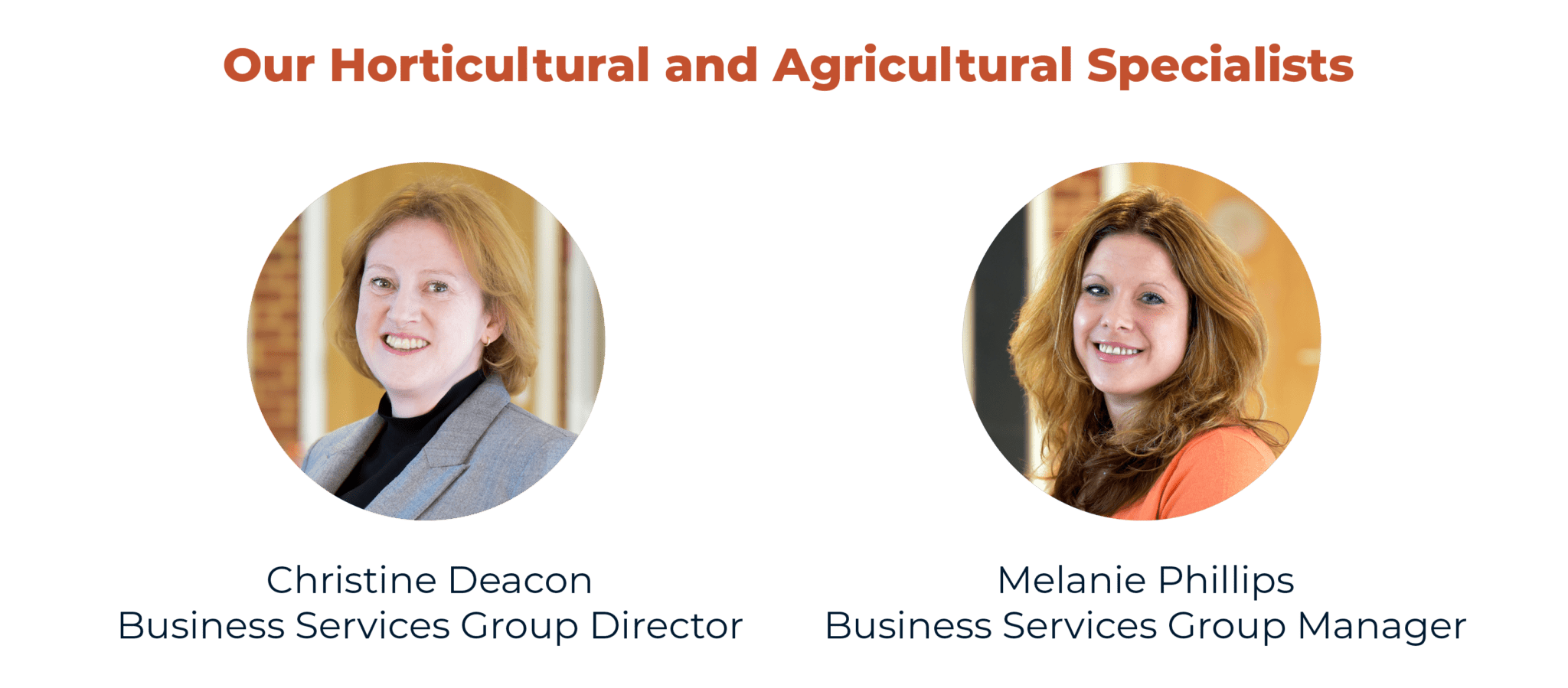
Compulsory Slaughter
Compulsory Slaughter
Managing livestock can sometimes involve the difficult and stressful prospect of compulsory slaughter. Understanding how compensation for compulsory slaughter is treated and the special rules that apply can help farmers navigate these challenges more effectively. So, here’s a quick overview of the treatment of compensation and the specific rules available to farmers when dealing with compulsory slaughter.
Treatment of Compensation
Compensation for compulsory slaughter is normally treated as sale proceeds whether or not the animal concerned is part of a production herd accounted for on the herd basis.
Special Rules for Non-Herd Basis Animals
Where the animals slaughtered are not on the herd basis and could not be (even with the fresh opportunity to elect for herd basis following compulsory slaughter of more than 20% of a herd), there are special rules which allow you to remove the profit arising from the year of slaughter by instead bring it in 3 equal instalments over the next 3 years.
Conclusion
Compulsory slaughter can have significant financial implications for farmers. However, by understanding the treatment of compensation and the special rules for non-herd basis animals, farmers can better manage the impact on their finances. As specialists in agricultural accounting, we are here to help you navigate these complexities. So, please do contact us today if you would like to find out more. We are always happy to see how we can help!

About our Agricultural Accounting Expert
We also update our YouTube channel regularly with new content, see here: Lewis Brownlee YouTube





